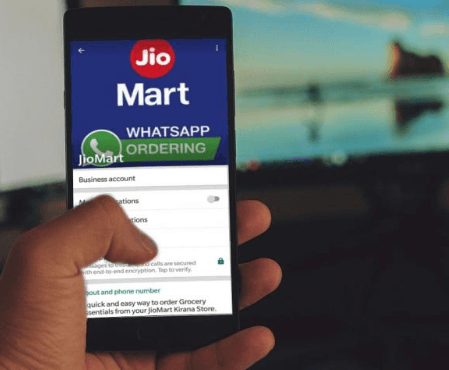When Facebook Inc. (FB) invested $5.7 billion in Jio in April, I published an article discussing why this move would be a step forward in monetizing WhatsApp. In less than a month, Facebook, courtesy of its investment in Jio, is another step forward in achieving this objective. Reliance Industries launched JioMart in April as a pilot project to tap into the promising e-commerce industry in the country. Now, JioMart is on the brink of expanding further upon the initial success of the pilot project. WhatsApp, as I will discuss in this analysis, is at the center of JioMart's roadmap to success. Even on the back of a 60% appreciation of the share price since March 16, Facebook still seems undervalued.
JioMart is more like Alibaba, less like Amazon
Whenever an e-commerce store pops-up in some corner of the world, investors, and even consumers, naturally compare the newcomer with Amazon. In JioMart's case, the operating model is similar to Alibaba, not Amazon.
JioMart operates as an online-to-offline marketplace, meaning the platform will connect brick-and-mortar grocery stores with consumers who are shopping online. JioMart will connect consumers with the nearest grocery store to fulfill their orders. Because of this operating model, JioMart will not hold inventory and would not be required to maintain warehouses as Amazon does.
This is how WhatsApp comes into play
JioMart launched its online store on May 24. However, the company launched a pilot project on April 27, which is centered on WhatsApp. Here's a step by step guide on how a customer can order goods using the popular social messaging platform.
Step 1 - WhatsApp users send a "Hi" to a dedicated number for JioMart.
Step 2 - The user receives a welcome message along with a shopping list that will remain active for 30 minutes.
